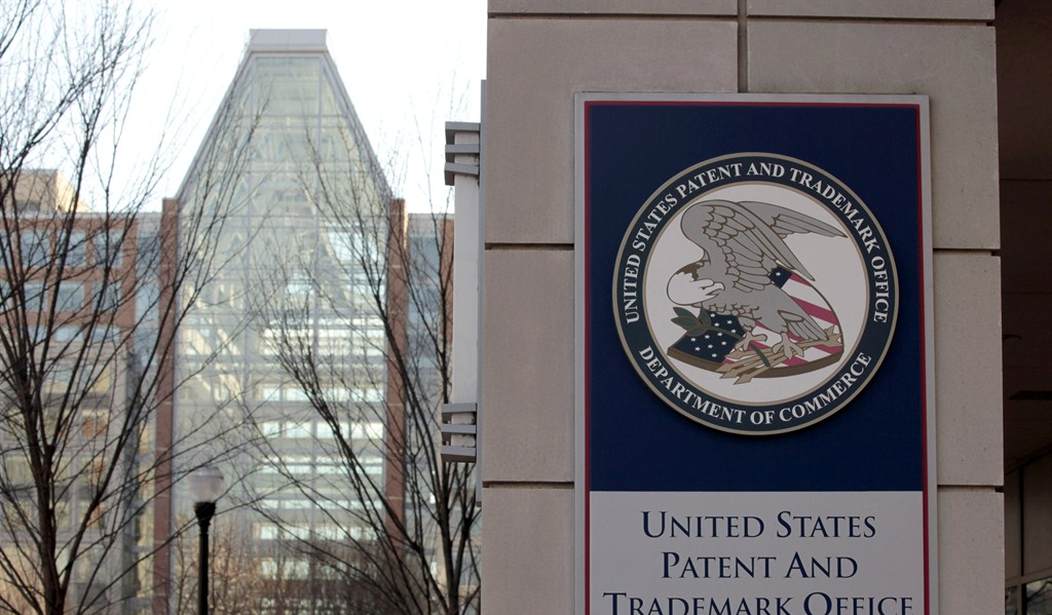COVID-19 continues to take huge hits on the American economy, and nearly 30 million Americans have filed for unemployment benefits. Manufacturing has been particularly hard hit. A survey conducted at the beginning of the outbreak by the National Association of Manufacturers found that nearly 80 percent of the industry anticipates a financial impact, and more than 50 percent expect a change in operations as a result of the virus. Still manufacturers are working to address a shortage of medical supplies, despite threats of patent trolls and abusive patent litigation. Let’s put it in context.
Congress passed the Patent Act of 1790 to encourage risk-taking among inventors and to promote ideas that would contribute to the progress of society at large. At the time, the process was simple. An inventor submitted an application, a drawing, and possibly a model. For nearly 200 years this system worked; but over the last half century, we’ve experienced technological and medical revolutions that have created a seismic shift in our patent process.
While early patents were given to inventors like Benjamin Franklin for relatively simple inventions like wooden fins or a glass harmonica, today’s patent applications have expanded in sophistication. The world of smart phones and life-saving drugs relies on technology that is often opaque and highly complex. This surge in volume, coupled with an increase in intricacy, has overloaded the U.S. Patent and Trade Office. Typically, examiners who review potential patents spend fewer than 19 hours per application – a remarkably short amount of time for such sophisticated technology.
Under such pressure, it’s not surprising that the PTO might make mistakes. Historically, if a company was accused of patent infringement, the two businesses would go to court to settle the dispute. But this inevitably favored the party with deeper pockets, as the time and resources needed to fight a patent infringement case are extensive. Patent expert Charles Duan has noted that for most small manufacturers “the costs of justice are too high.” They can’t afford the legal fees, nor the time to walk away from their daily responsibilities. As a result, too many businesses are forced to capitulate and pay the “injured” party.
Recommended
This unbalance has led to the rise of shell companies that exist simply to buy patents with no intention of using or licensing them. They fish for individuals or businesses that may be infringing, even in the slightest way, on their patent and then threaten a lawsuit. We witnessed this recently during the COVID-19 epidemic when Labrador Diagnostics threatened a patent lawsuit in an effort to thwart a new virus test from coming to market. A similar problem erupted in Italy as hospitals scrambled to produce a necessary valve for a ventilator to help sick patients. In the best of times, this kind of extortion inhibits creativity, innovation, and economic growth. During a pandemic, it can lead to death.
Congress and the courts have worked to create a fairer environment. In particular, the 2011 America Invents Act established the inter partes review process (IPR), which created a review board made up of actual intellectual property experts. Previously, if a business could afford to go to court, they were often making their case in front of an uninformed judge and jury. What’s more, the IPR sped up the process, and as a result has saved businesses billions of dollars wasted on legal fees, while eliminating many worthless patents. And it’s working: less than 1 percent of these determinations have been challenged.
Some in Congress want to return to our outdated court system – a decision that would stymie economic growth, and job creation. And right now, it would inhibit progress toward eliminating a global pandemic. Certainly, special interests who oppose the IPR will continue to lobby members to reform the process. But government should first do no harm.
Patent trolls pose a very real threat to manufacturing of all stripes. When the immediacy of the coronavirus threat has passed, it’s important Congress doesn’t overlook the hardship many of our nation’s manufacturers have faced this year and consider how patent trolls affect ingenuity and innovation. We all want to return to a period of economic growth and prosperity. And we’ll be one-step closer to reaching those goals if we stop bad actors from fishing for patent infringement where none exists.























Join the conversation as a VIP Member